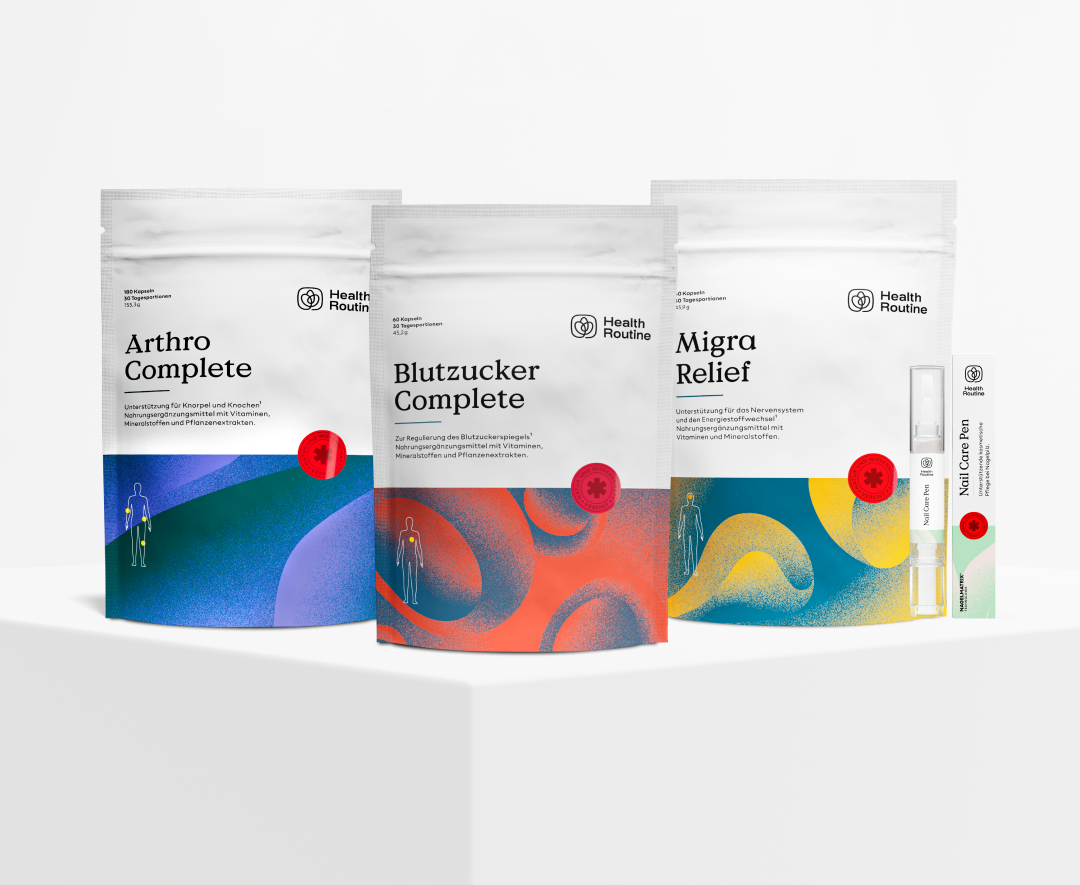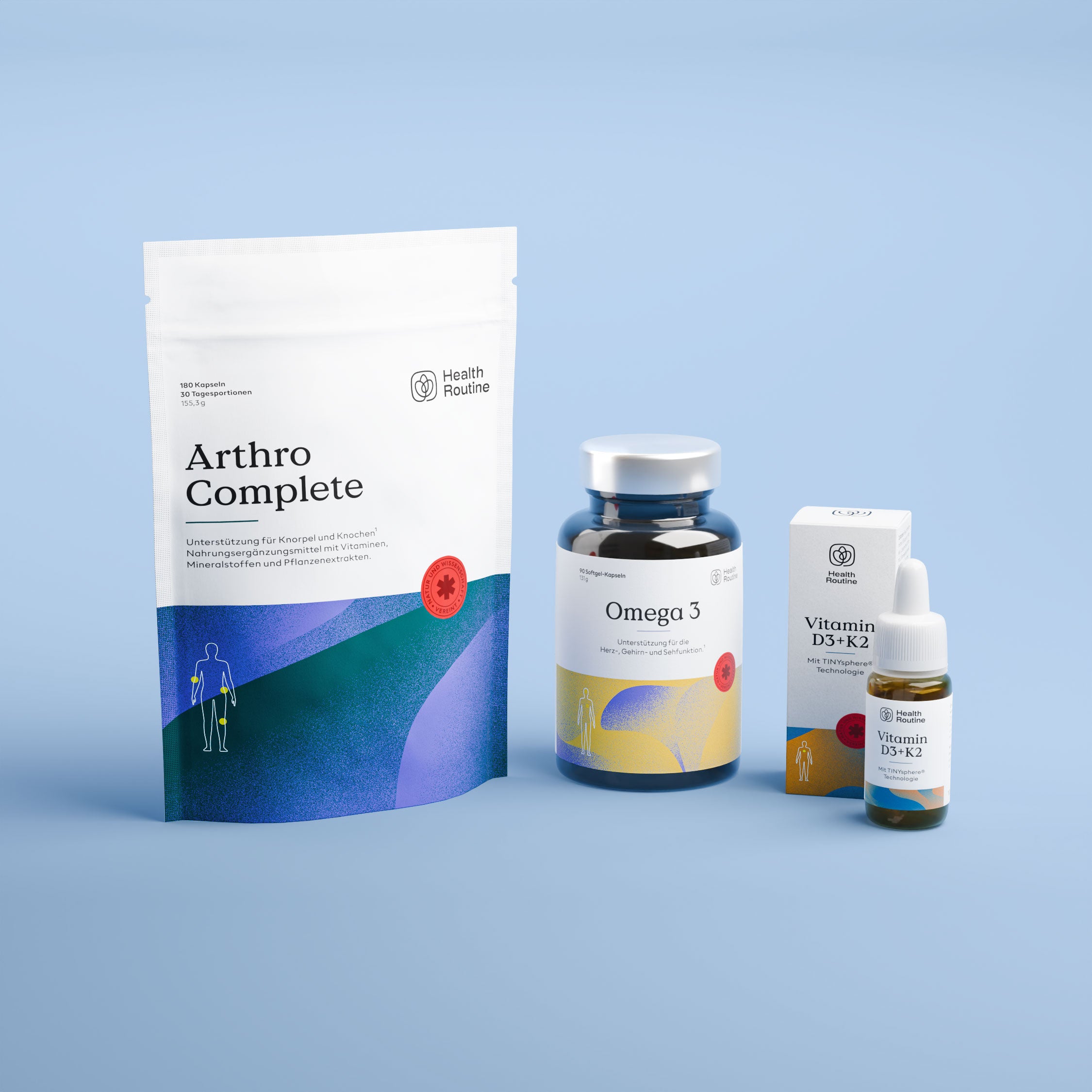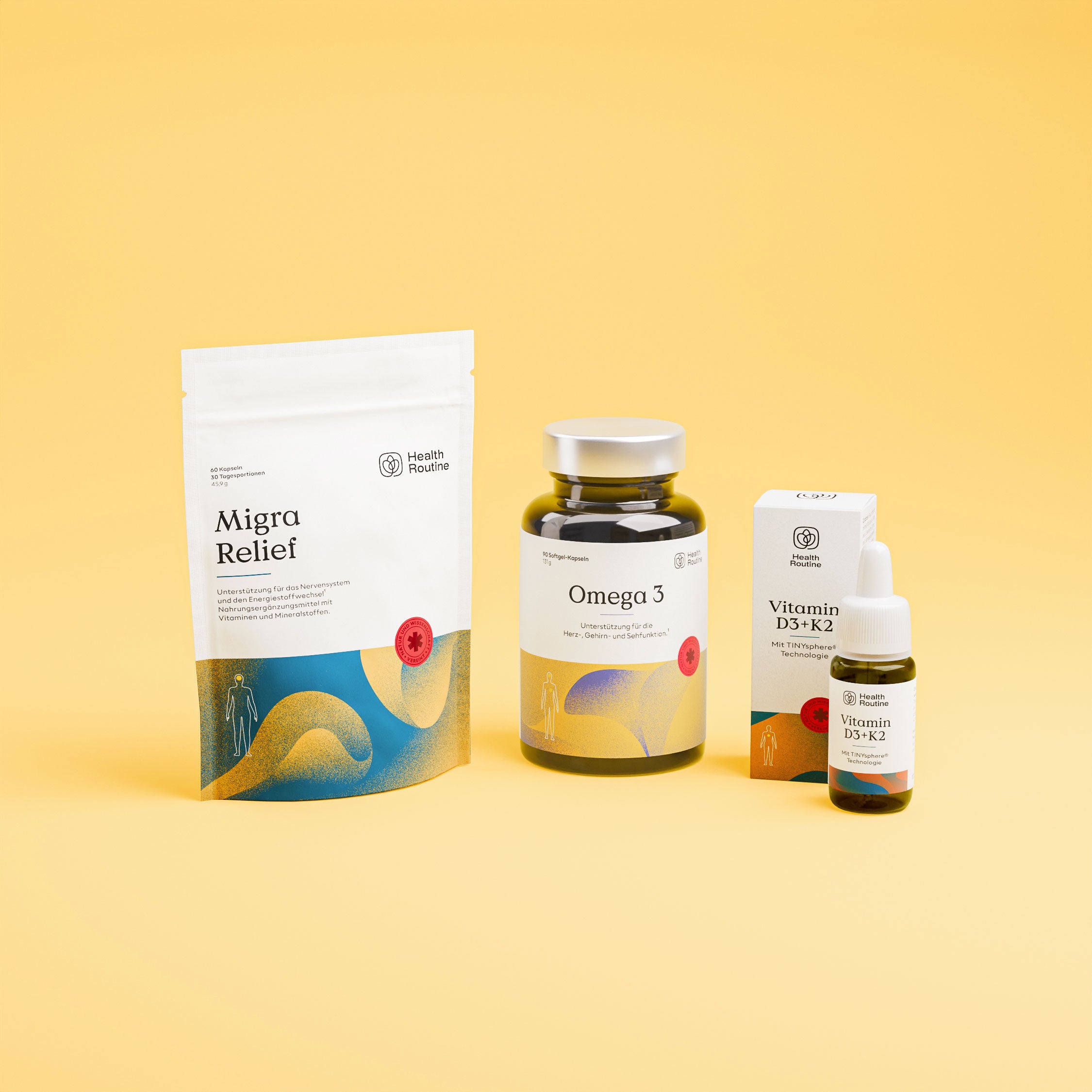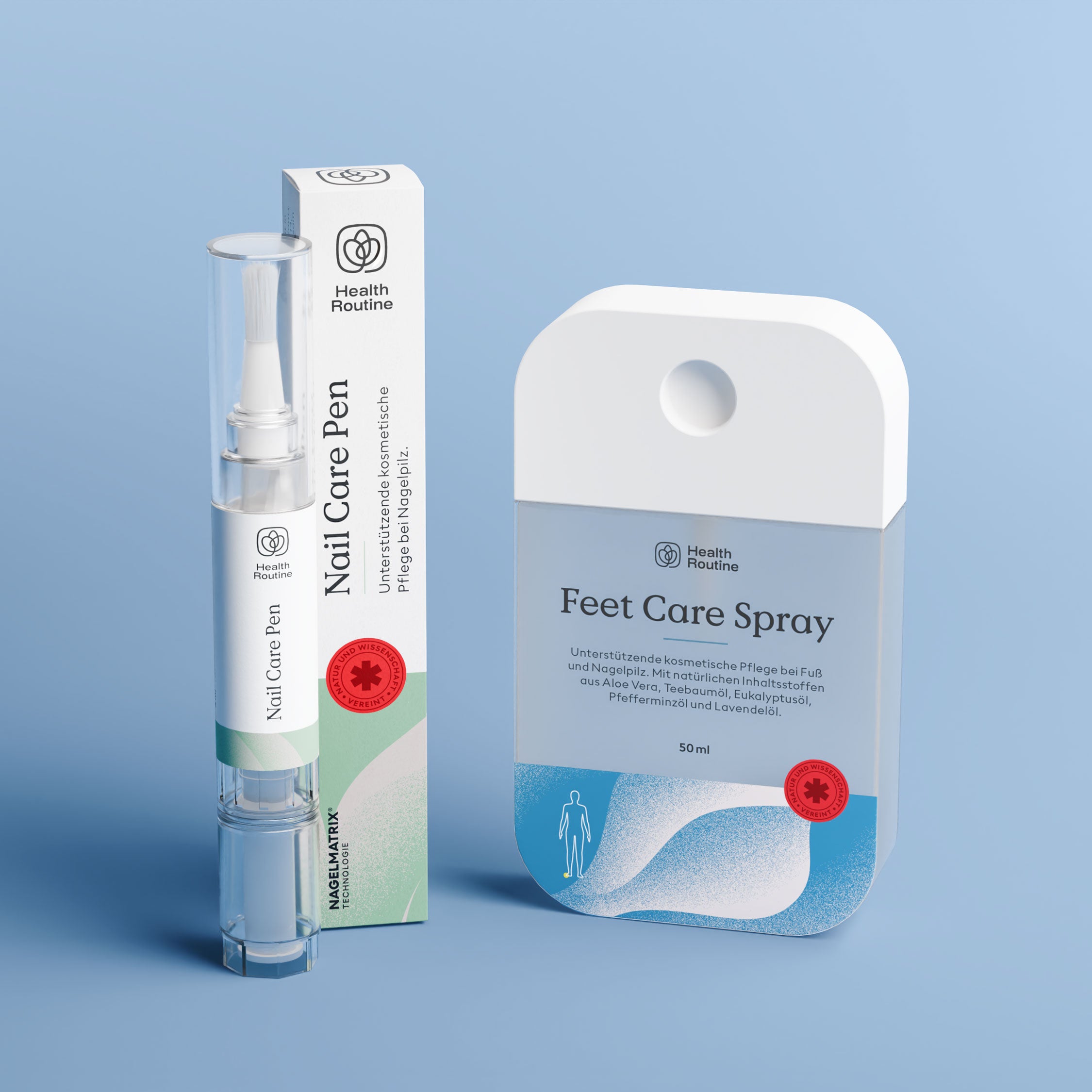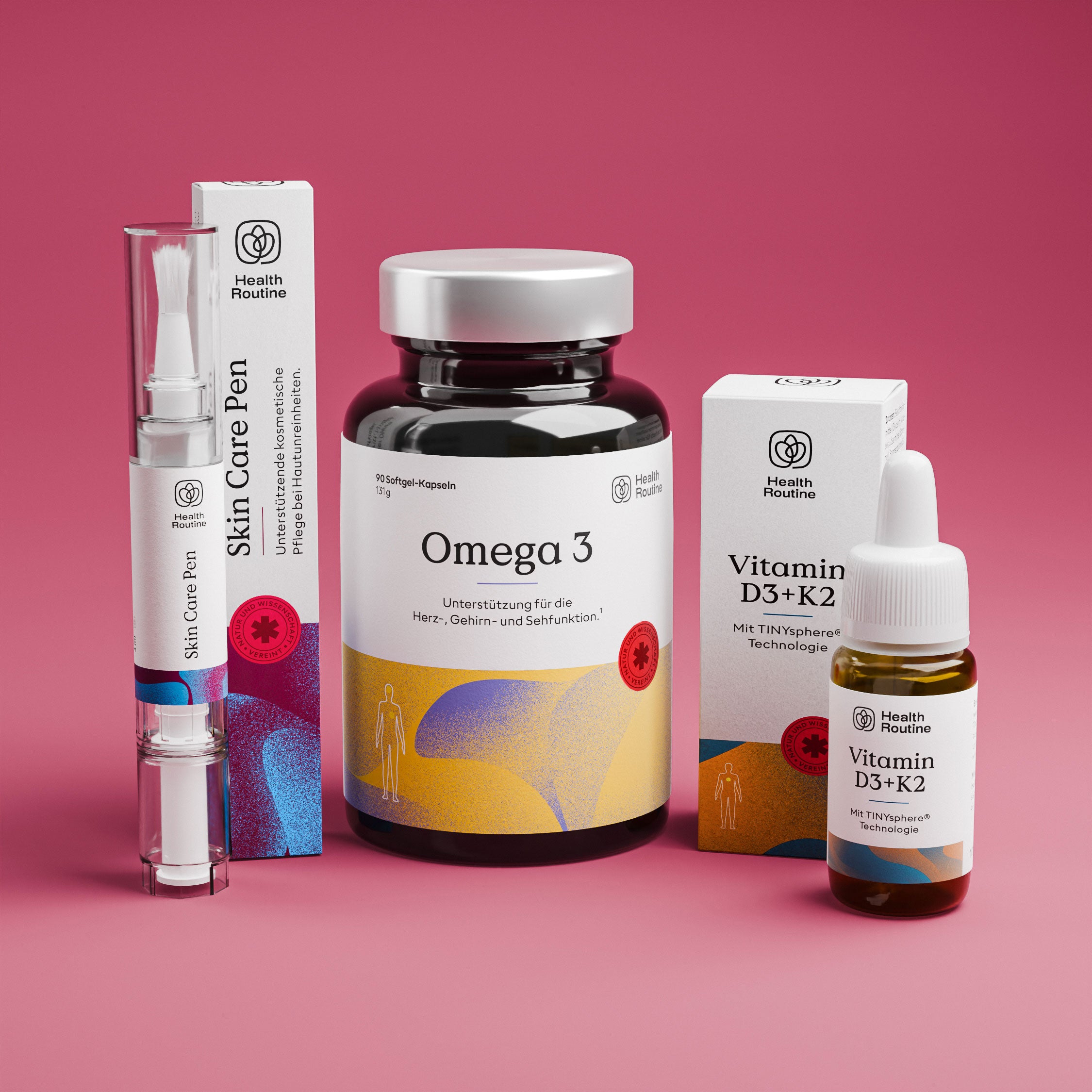Imagine turning your hair care into a real feel-good ritual – with a homemade hair oil that is perfectly tailored to your needs.
No synthetic additives, no questionable ingredients – just pure, natural oils like jojoba oil, argan oil and coconut oil that nourish your hair and give it new shine.
The most important things in brief
- Homemade hair oil is free of unwanted additives and can be customized.
- Different base oils such as jojoba oil, argan oil or coconut oil are optimal for different hair types.
- Essential oils give the hair oil a pleasant scent and additional care effects.
- Current trends such as AI-supported personalization, sustainable ingredients and microbiome-centered care are incorporated.

Intensive Pflege für das Haar
Stärkt Haare und unterstützt das normale Haarwachstum
Kombination aus ätherischen Ölen & reichhaltigen Ölen
Why make your own hair oil?
Those who make their own hair care products have full control over the ingredients and can specifically use the nutrients their hair needs. Conventional care products often contain synthetic additives that can be harmful in the long term.
By making your own hair oils or masks you know exactly what is in the care and can tailor it to your individual hair needs .
Natural oils and homemade hair care products offer a gentle, effective alternative for healthy, shiny hair. For those who want to take care of their hair themselves , pure natural oils offer a safe path to healthier, more natural-looking hair.
The best oils for your homemade hair oil
The foundation of every good hair oil is high-quality base oils . These oils nourish the hair and scalp, while essential oils provide additional active ingredients and fragrances.
In the following sections you will learn more about the individual oils.
Base oils
Choosing the right base oil depends on your hair type and the desired effects. A versatile option is Health Routine's Hair Complete Oil , which contains a combination of natural oils such as coconut, rosehip, and grapeseed oil .
Here is an overview:
|
oil |
Effect |
Suitable for |
|
Jojoba oil |
Moisturizing, similar to natural sebum |
All hair types |
|
Argan oil |
Rich in vitamin E, can strengthen hair structure |
Dry and damaged hair |
|
Coconut oil |
Penetrates deeply, can reduce protein loss |
Dry, curly or damaged hair |
|
almond oil |
Rich in biotin and vitamin E, can promote hair growth |
Dry, brittle hair |
|
Avocado oil |
Provides moisture, can protect against dehydration |
Dry and damaged hair |
|
olive oil |
Moisturizes, can reduce split ends |
All hair types, especially dry hair |
|
castor oil |
Can promote hair growth, can Strengthen hair roots |
Thin and brittle hair |
Essential oils
In addition to the base oils, essential oils are a must in any DIY hair oil . These concentrated oils not only provide fragrance but also have specific conditioning properties . Care should be taken with the dosage – usually, just a few drops per application are sufficient.
- Rosemary oil : Strengthens the scalp and hair
- Lavender oil : Soothes the scalp and provides a pleasant scent.
- Tea tree oil : supports oily scalp
- Peppermint oil : Can stimulate blood circulation and provide freshness.

Intensive Pflege für das Haar
Stärkt Haare und unterstützt das normale Haarwachstum
Kombination aus ätherischen Ölen & reichhaltigen Ölen
Recipes for homemade hair oil
Depending on your hair type, different formulations can achieve the desired effect. Here are some examples:
🌿 Hair oil for dry hair
- 2 parts argan oil
- 1 part almond oil
- A few drops of lavender oil
🌿 Hair oil for oily scalp
- Mainly jojoba oil as a base
- 2-3 drops of tea tree oil for antibacterial effect
🌿 Hair oil against split ends
- 1 part argan oil
- 1 part lemon oil (use carefully)
🌿 Hair oil for hair growth
- 1 part castor oil
- 1 part coconut oil
- 2-3 drops of rosemary oil
Application of hair oil
The correct application of homemade hair oil or the like ensures optimal results.
Below you will find a practical graphic showing how to use homemade hair oils and also the Hair Complete Oil from Health Routine .

Shelf life and storage of hair oil
Remember to store your homemade hair oil in a cool, dark place —preferably in a dark glass container. Under optimal conditions, the oil will keep for up to six months.
Additional tips for making hair oil
Here are some further tips to help you create the perfect DIY hair oil:
- Lighter oils such as jojoba or almond oil are suitable for fine hair, while thicker hair benefits from richer oils such as avocado or castor oil.
- Be sure to do a patch test before first use to rule out any possible allergies.
- Experiment with different mixing ratios to find the ideal care formula for your individual hair type.
Conclusion
Homemade hair oil is a natural and customizable way to care for your hair and scalp. By carefully selecting base oils such as jojoba, argan, or coconut oil, as well as essential oils such as rosemary or tea tree oil , the composition can be tailored to your personal needs. This allows you to integrate the hair oil into your daily care routine.
FAQ
How long does homemade hair oil last?
Under optimal conditions, your homemade hair oil will stay fresh for up to six months. Make sure to always store it in a cool, dark place.
Can I use any essential oil for my hair oil?
Generally yes, but be aware that some oils can cause more severe irritation. Start with small amounts and always do a patch test.
How often should I use hair oil?
For best results, we recommend using it 2-3 times a week. For particularly damaged hair, more frequent use may be beneficial without weighing it down.
What do I do if I use too much hair oil?
If your hair seems too oily, rinse it with a mild shampoo. Alternatively, you can leave the oil on overnight as a treatment and rinse thoroughly the next morning.
Is homemade hair oil also suitable for color-treated hair?
Yes, natural oils can also protect and care for colored hair – they help maintain color brilliance and renew damaged strands.
